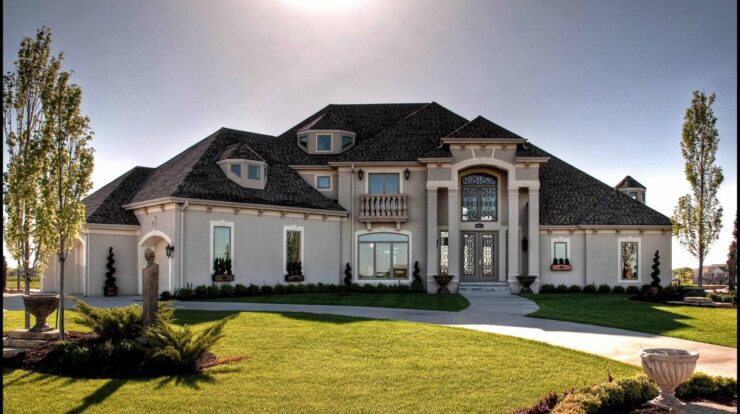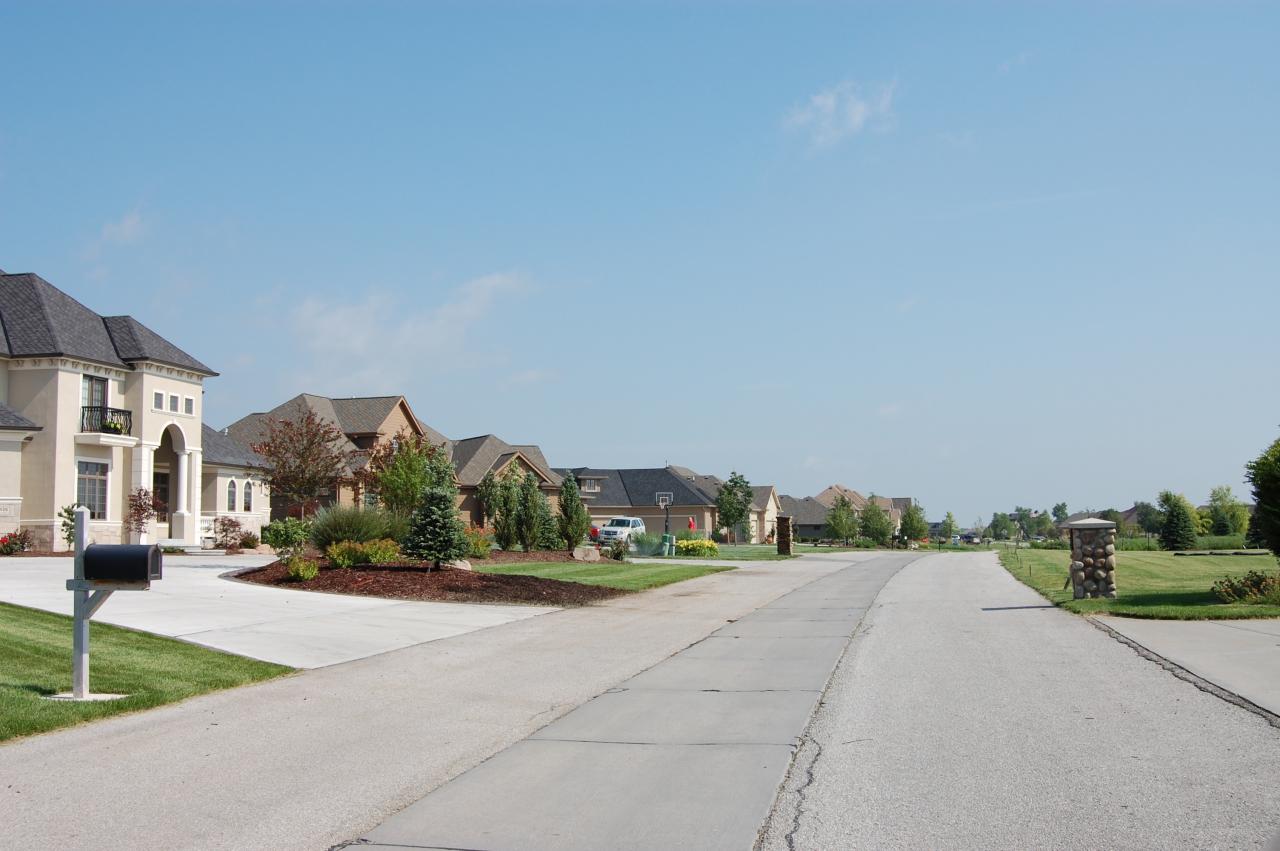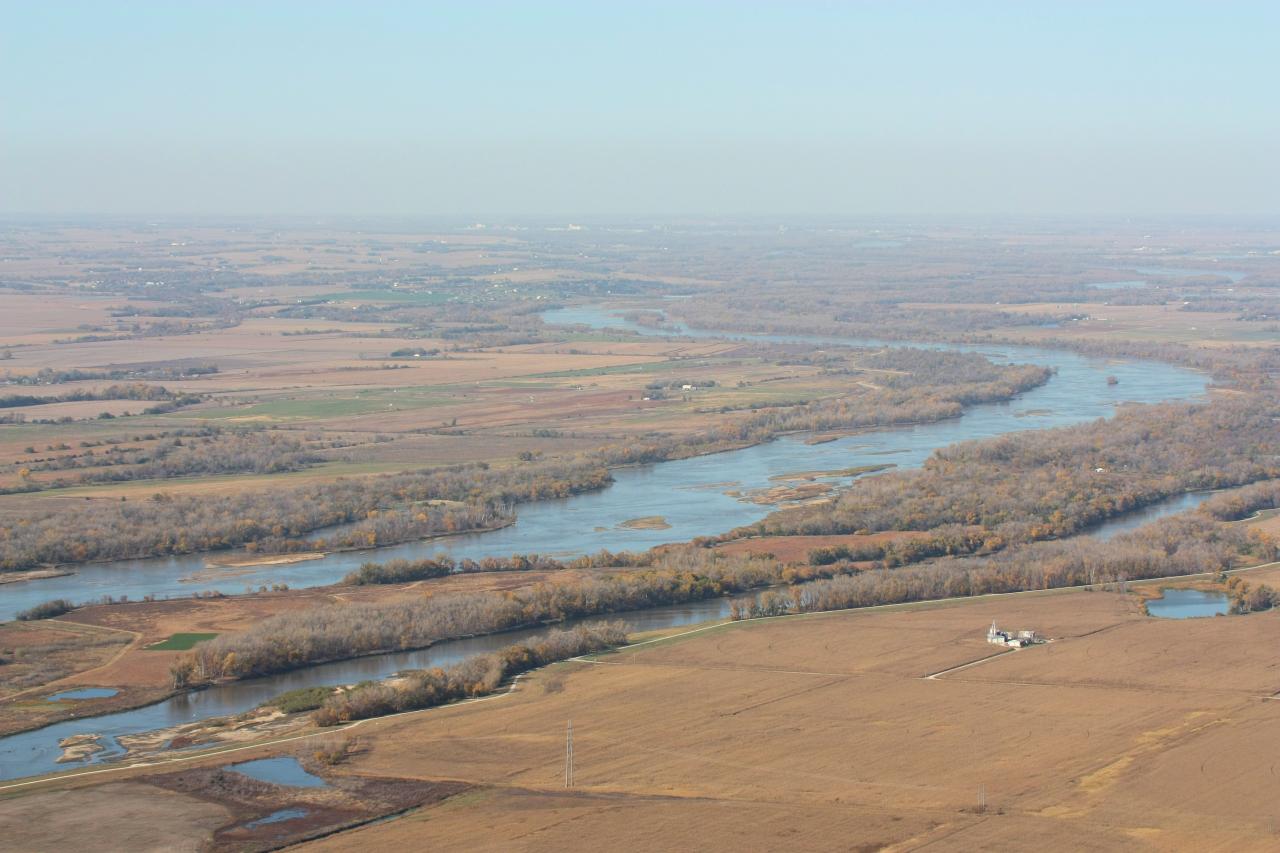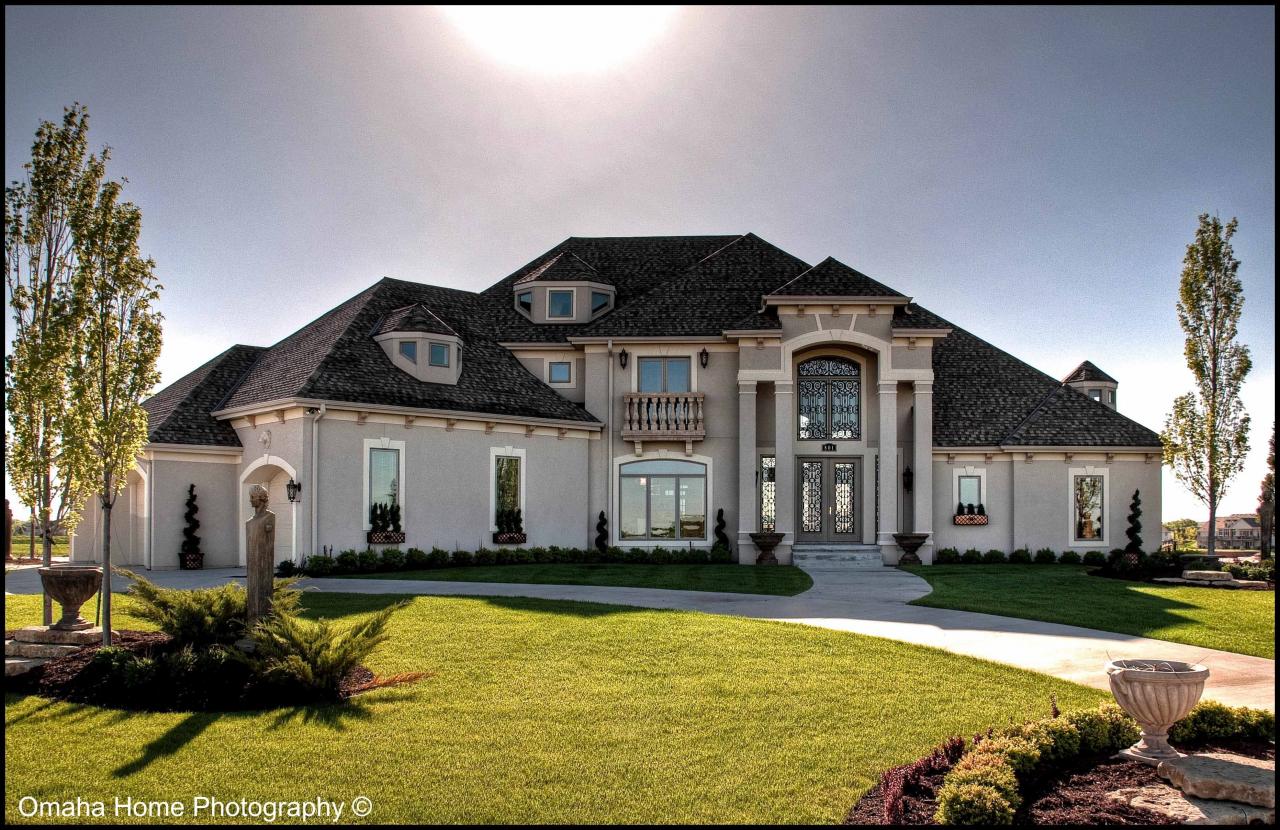
Waterloo nebraska – Nestled in the heartland of Nebraska, Waterloo beckons with a captivating history, vibrant culture, and thriving economy. From its humble beginnings to its modern-day allure, Waterloo’s story unfolds like a tapestry woven with the threads of resilience, innovation, and community spirit.
Founded in 1866 as a Union Pacific Railroad stop, Waterloo quickly blossomed into a bustling agricultural hub. Today, it stands as a testament to the transformative power of industry, agriculture, and tourism, offering a unique blend of small-town charm and urban amenities.
History of Waterloo, Nebraska

Waterloo, Nebraska, was founded in 1869 as a station on the Union Pacific Railroad. The town grew rapidly in the following years, becoming a major agricultural center and a stop on the Pony Express route.
Significant Events in Waterloo’s History
- 1869: Waterloo is founded as a station on the Union Pacific Railroad.
- 1870: The first post office is established in Waterloo.
- 1872: The first school is built in Waterloo.
- 1873: Waterloo becomes a stop on the Pony Express route.
- 1880: The population of Waterloo reaches 1,000.
Role of the Union Pacific Railroad
The Union Pacific Railroad played a major role in the growth of Waterloo. The railroad provided a way for farmers to ship their products to market and for people to travel to and from the town. The railroad also brought new businesses to Waterloo, including a grain elevator, a lumberyard, and a hotel.
Geography and Climate of Waterloo, Nebraska
Waterloo is located in the eastern part of Nebraska, on the Platte River. The town is surrounded by rolling hills and farmland. The climate of Waterloo is humid continental, with hot summers and cold winters.
Topography
Waterloo is located on the Platte River, which flows through the center of the town. The town is surrounded by rolling hills and farmland. The highest point in Waterloo is Mount Calvary, which is located in the southern part of the town.
Climate, Waterloo nebraska
Waterloo has a humid continental climate, with hot summers and cold winters. The average temperature in July is 77 degrees Fahrenheit, and the average temperature in January is 22 degrees Fahrenheit. Waterloo receives an average of 30 inches of precipitation per year.
Impact of the Platte River
The Platte River has a major impact on the geography and environment of Waterloo. The river provides water for irrigation and recreation, and it also supports a variety of wildlife. The Platte River also helps to shape the climate of Waterloo, making it more humid than other parts of Nebraska.
Demographics and Culture of Waterloo, Nebraska: Waterloo Nebraska

The population of Waterloo is approximately 2,500. The town is home to a diverse population, including people of European, African American, and Hispanic descent. Waterloo is also home to a large number of Amish and Mennonite families.
Cultural Attractions and Events
Waterloo offers a variety of cultural attractions and events. The town is home to the Waterloo Community Playhouse, which hosts a variety of live theater productions. Waterloo also hosts a number of annual events, including the Waterloo Rodeo and the Waterloo Arts and Crafts Festival.
Arts and Music
The arts and music play an important role in the culture of Waterloo. The town is home to a number of local artists and musicians. Waterloo also hosts a number of art and music events throughout the year.
Economy and Industry in Waterloo, Nebraska
The economy of Waterloo is based on agriculture, tourism, and manufacturing. The town is home to a number of farms and ranches, and it is also a popular tourist destination. Waterloo is also home to a number of manufacturing businesses, including a metal fabrication plant and a food processing plant.
Major Industries
- Agriculture
- Tourism
- Manufacturing
Role of Agriculture
Agriculture is the foundation of the economy of Waterloo. The town is surrounded by farmland, and many of the residents of Waterloo are involved in agriculture. The town is home to a number of farms and ranches, and it is also a major producer of corn, soybeans, and wheat.
Impact of Tourism
Tourism is a major industry in Waterloo. The town is home to a number of historical sites and attractions, including the Waterloo Depot Museum and the Waterloo Community Playhouse. Waterloo also hosts a number of annual events, including the Waterloo Rodeo and the Waterloo Arts and Crafts Festival.
Education and Healthcare in Waterloo, Nebraska

Waterloo is home to a number of educational institutions, including public schools, private schools, and a college. The town also has a number of healthcare facilities, including a hospital and a clinic.
Educational System
The Waterloo Public Schools system consists of three elementary schools, one middle school, and one high school. The town also has a number of private schools, including a Catholic school and a Lutheran school. Waterloo is also home to Nebraska Wesleyan University, a private liberal arts college.
Healthcare Facilities and Services
Waterloo is home to a number of healthcare facilities, including the Alegent Health Mercy Hospital and the Waterloo Clinic. The hospital provides a variety of services, including emergency care, surgery, and maternity care. The clinic provides a variety of services, including primary care, dental care, and mental health care.
Accessibility and Quality of Healthcare
The healthcare facilities in Waterloo are accessible to all residents of the town. The hospital and clinic provide a variety of services, and they are staffed by qualified professionals. The quality of healthcare in Waterloo is comparable to the quality of healthcare in other parts of the United States.
Recreation and Tourism in Waterloo, Nebraska
Waterloo offers a variety of recreational activities and attractions for visitors and residents alike. The town is home to a number of parks, trails, and open spaces. Waterloo also hosts a number of annual events, including the Waterloo Rodeo and the Waterloo Arts and Crafts Festival.
Recreational Activities and Attractions
- Parks: Waterloo is home to a number of parks, including Waterloo Park, Legion Park, and Lions Park. These parks offer a variety of amenities, including playgrounds, picnic areas, and walking trails.
- Trails: Waterloo is home to a number of trails, including the Platte River Trail and the Cowboy Trail. These trails offer a great way to explore the natural beauty of the area.
- Open spaces: Waterloo is home to a number of open spaces, including the Waterloo Wildlife Management Area and the Waterloo Marsh. These open spaces offer a great place to relax and enjoy the outdoors.
Tourism Industry
Tourism is a major industry in Waterloo. The town is home to a number of historical sites and attractions, including the Waterloo Depot Museum and the Waterloo Community Playhouse. Waterloo also hosts a number of annual events, including the Waterloo Rodeo and the Waterloo Arts and Crafts Festival.
The tourism industry in Waterloo has a positive impact on the local economy.
Conclusive Thoughts
Waterloo Nebraska’s journey continues to captivate, with new chapters being written every day. Its rich heritage, diverse culture, and promising future make it a beacon of progress and a place where the past and present intertwine seamlessly.
FAQ Guide
When was Waterloo Nebraska founded?
Waterloo Nebraska was founded in 1866.
What is the primary industry in Waterloo Nebraska?
Agriculture is the primary industry in Waterloo Nebraska.
What is a popular recreational activity in Waterloo Nebraska?
Visiting the Waterloo Veterans Memorial Park is a popular recreational activity in Waterloo Nebraska.






